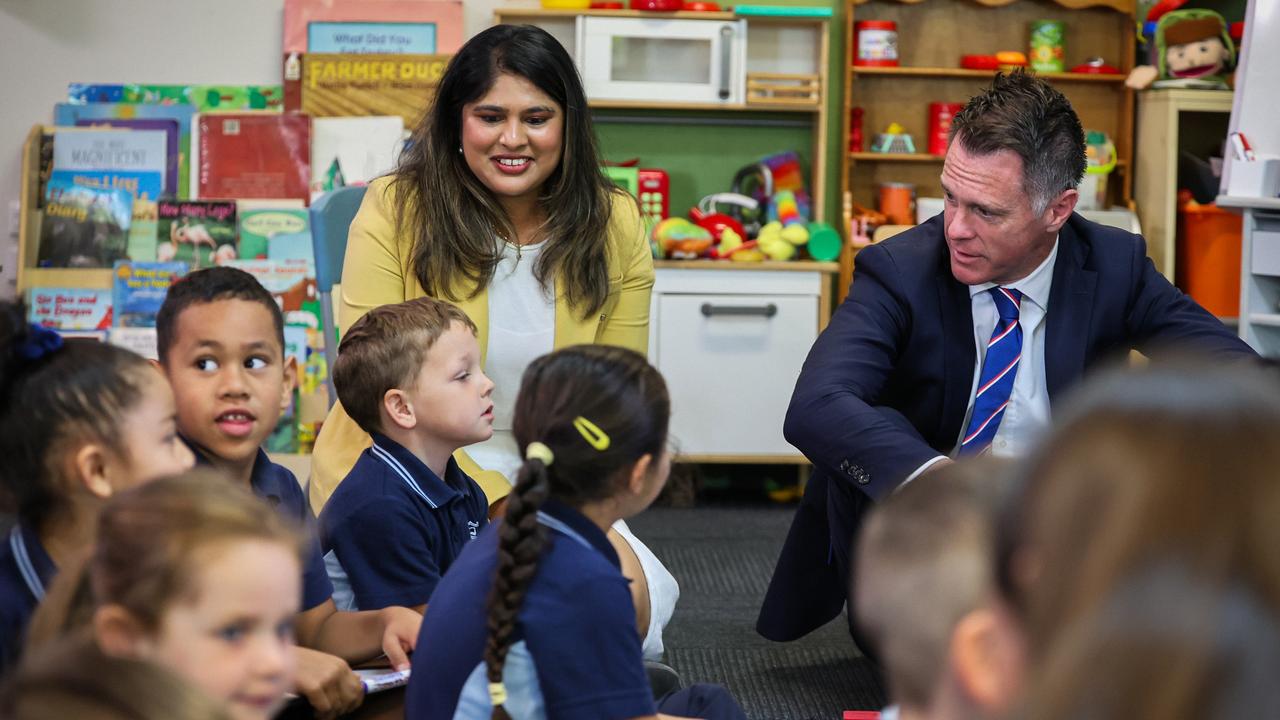Copyright thehindu

Tiruchi Regional Engineering College Science and Technology Entrepreneurs Park (TREC-STEP) will be anchoring a climate innovation incubation and scale-up ecosystem, which is considered to be the first of its kind in India. The Green Climate Fund (GCF), promoted by the UN Framework Convention for Climate Change, endorsed TREC-STEP’s BEACON INDIA programme (Building Ecosystem for Accelerating Contribution to NDC through Climate Innovation Incubation for India), at its board meeting held in Seoul in South Korea recently. The programme has a total investment of $93.98 million, including a GCF contribution of $24.99 million through a mix of grant and concessional loan support. It aims to reduce or avoid 1.08 million tonnes of carbon dioxide emissions, directly benefit about 872,000 people, and reach over 2 million indirectly through improved livelihoods, energy access, and resilience outcomes. “Entrepreneurial communities in India’s start-up space are more attracted towards e-commerce, gaming, education tech, and fintech; we wanted to attract start-ups towards climate, then focus on the green technology space and incubate them. We opted for blended finance with private investors, to provide step-up funding for the next stage of growth,” R.M.P. Jawahar, executive director, TREC-STEP, told The Hindu. Managed by Tata Capital and Small Industries Development Bank of India, the programme will deploy a revolving fund combining GCF concessional capital and domestic co-finance. Approximately 1,000 climate ventures will be identified across Tamil Nadu, out of which 100 innovative start-ups will be selected for further scrutiny, and funding would be provided for 50 ventures from the shortlisted ones, said Mr. Jawahar. BEACON would be looking at start-ups that are focused on adapting to the impact of climate change, said TREC-STEP general manager Gita Chengappa. “Adaptation ventures which will deal with climate resilient agriculture, food and water security, livelihoods which are disrupted because of climate change, especially in coastal communities, will be in focus. The knowledge of indigenous groups that are naturally inclined towards managing resources as efficiently as possible will be also tapped in a bigger way so that the whole community benefits,” she said. The programme is scheduled to be officially launched in early 2026.



